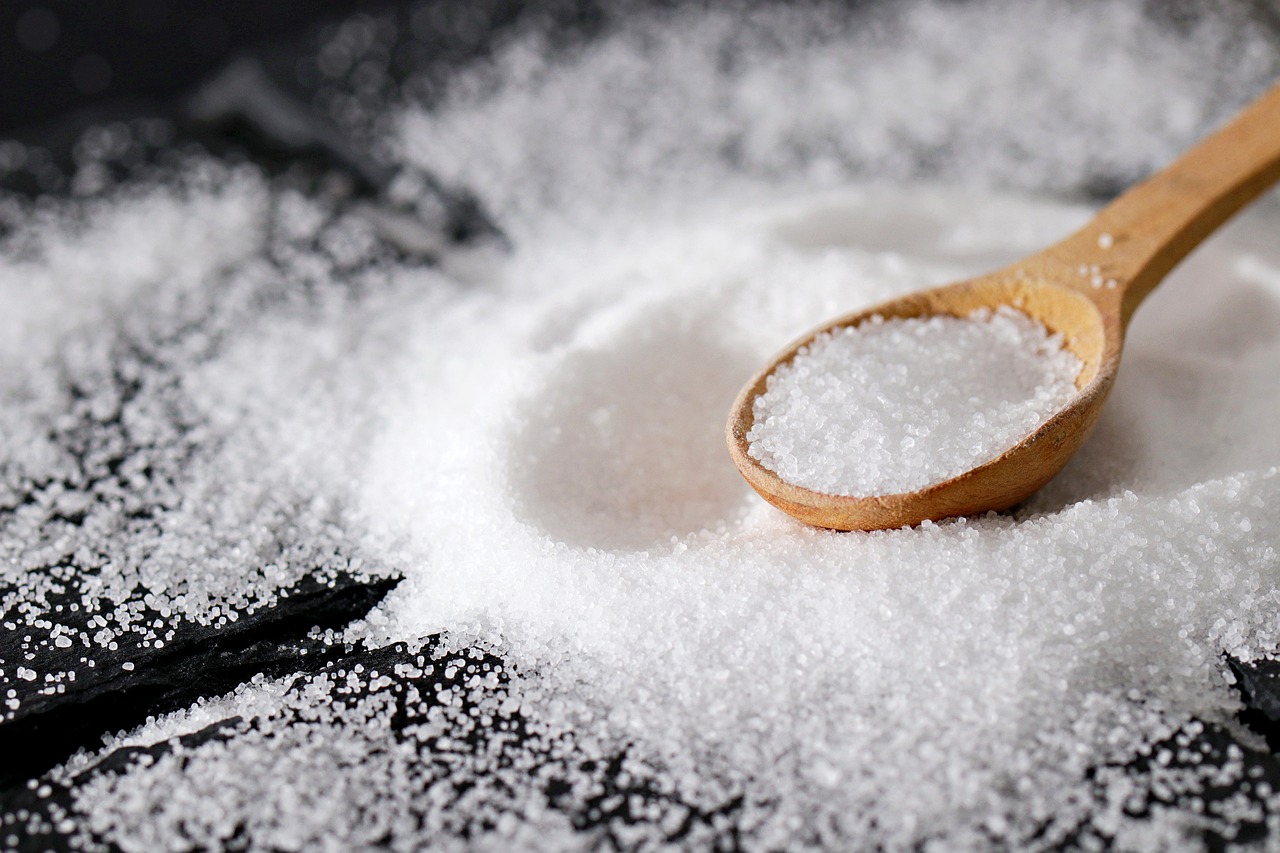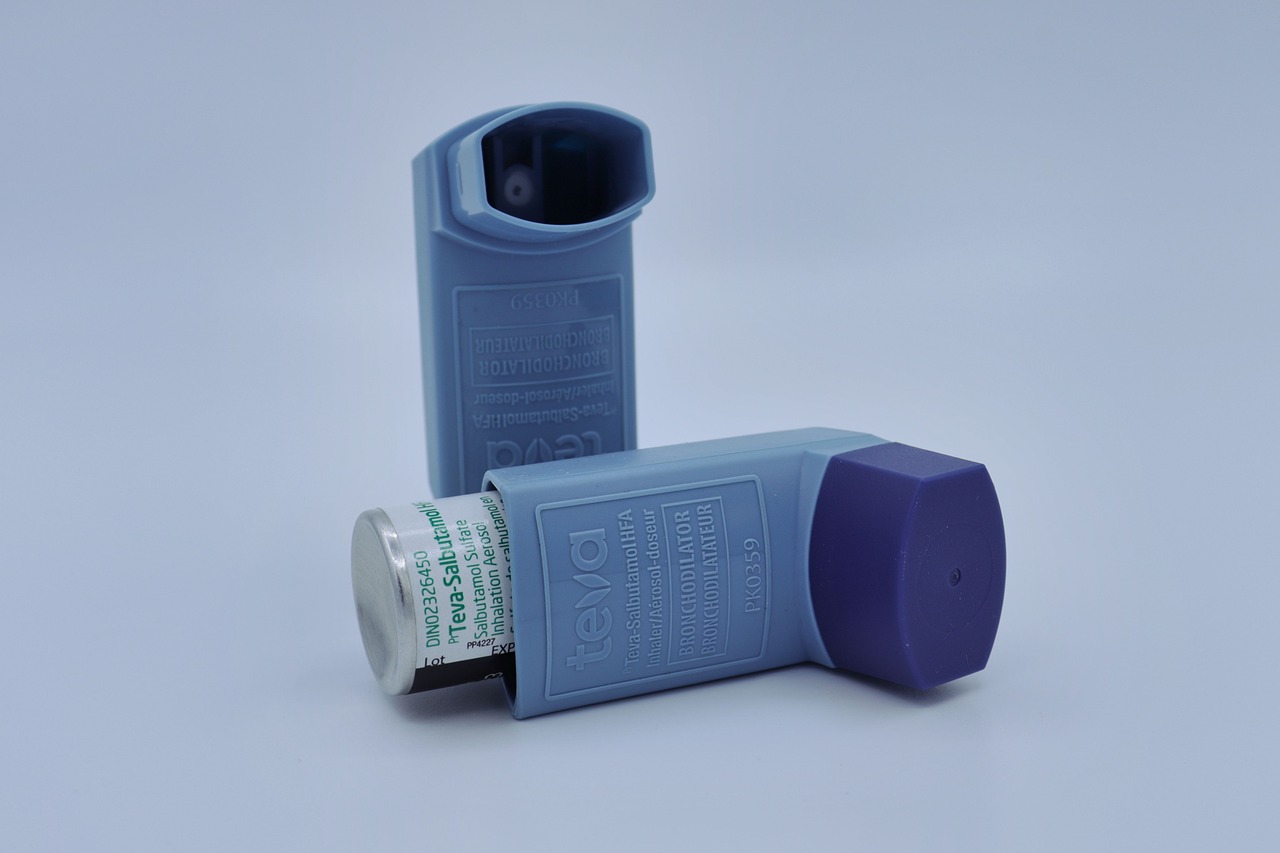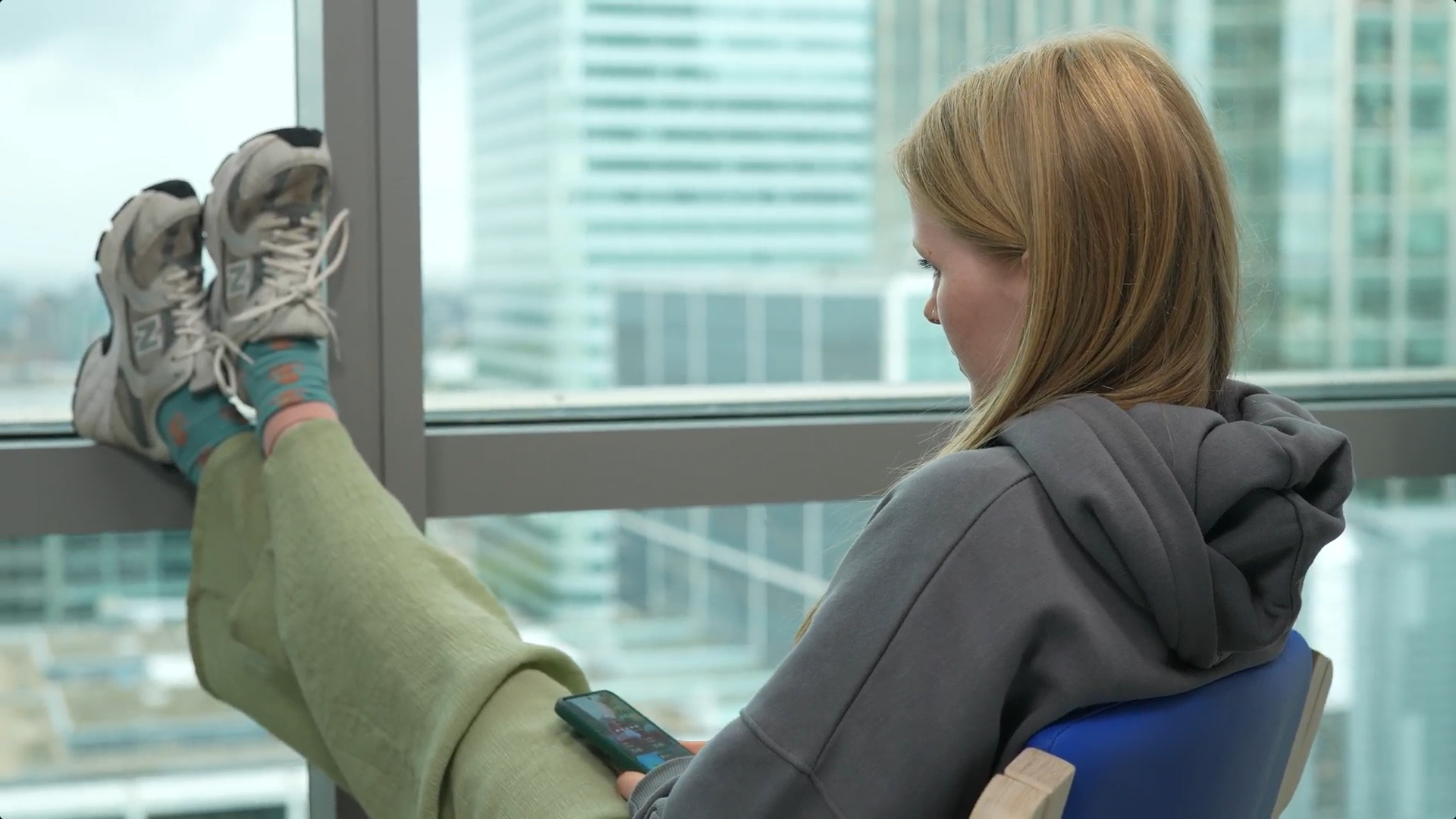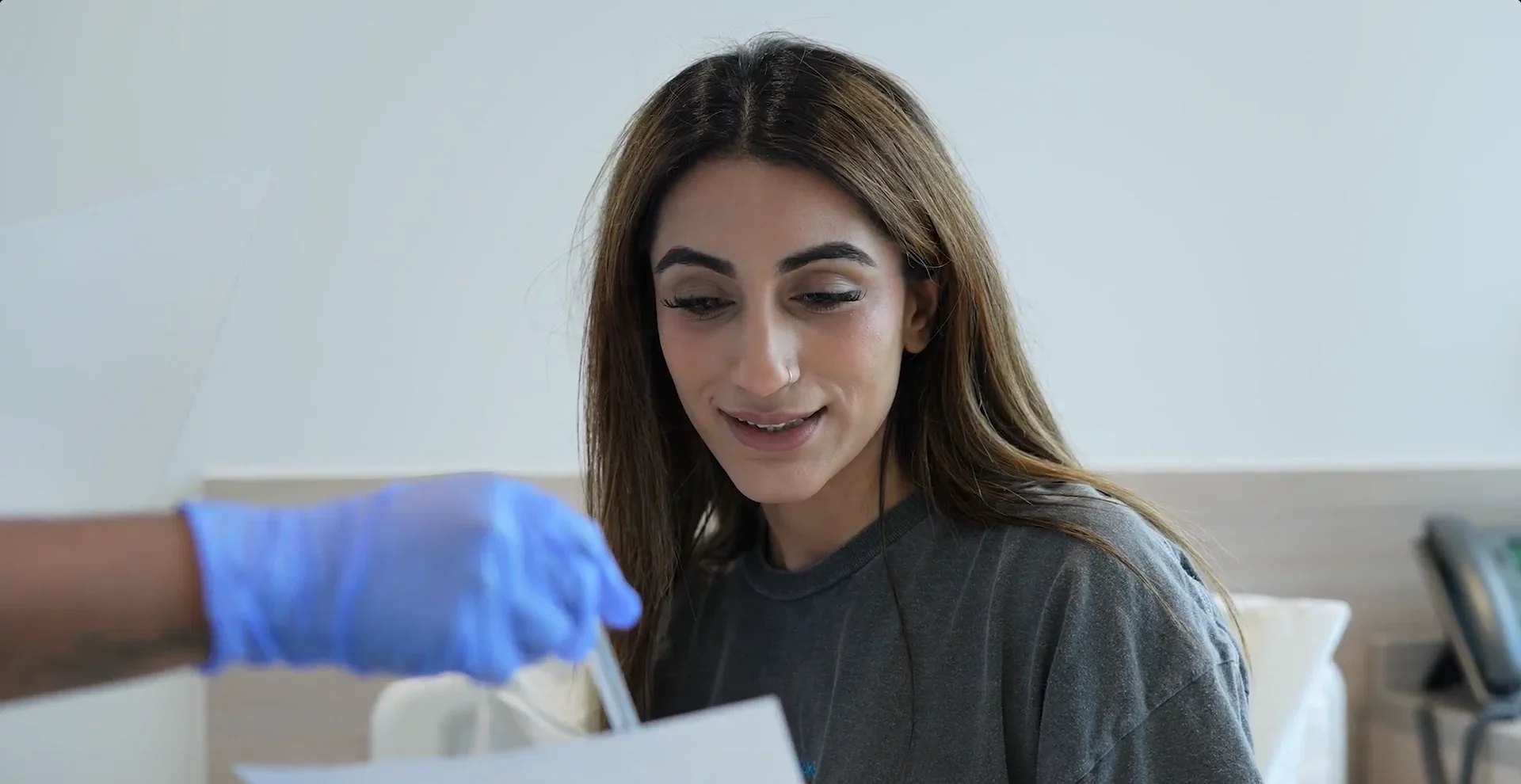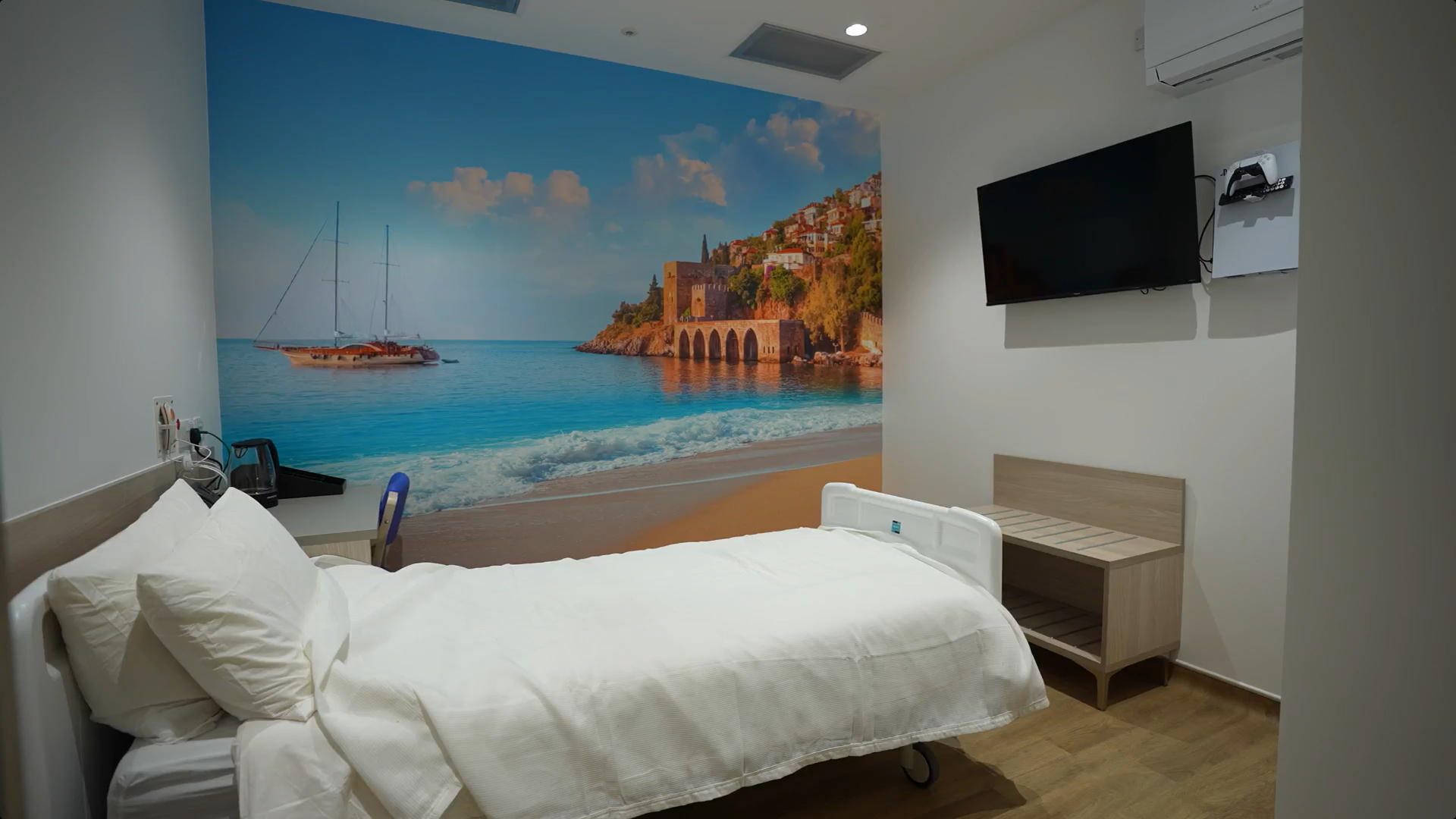New research from The University of Edinburgh suggests that a simple sea salt water solution could help to reduce the symptoms of the common cold.
Once an old wives tale, this homemade remedy has shown to shorten the length and even effects of a cold by two days. The simple hack has also been shown to reduce the need for over the counter medication by a third.
The study is still in early stages of research with more tests needed to provide conclusive data. Experts have suggested however, that if verified further, the method could be a cost-effective treatment that can supplement conventional medication in order to speed up the recovery process.
The average person will suffer from 2 to 4 colds every year, which can be amplified by job stress, so the need for a rapid recovery is essential. Additionally, families with school-age children can contract up to 12 colds annually. Despite its commonality and minor, short-lived symptoms, there is no treatment for the common cold, which has had a substantial impact on the economy due to time off work.
How was the study conducted?
The Edinburgh study recruited healthy adults within two days of them contracting an upper respiratory tract infection, or the common cold. Participants in the trial kept a diary of their symptoms for up to two weeks and swabs were collected by doctors to measure the amount of cold virus they were carrying throughout the time period.
The participants were divided into two sample groups with one side being asked to gargle and clear their nose with a salt solution as and when they felt necessary.
The results, which were published in Scientific Reports, concluded that those who did perform the nasal cleansing and gargling with the salty solution had a shorter cold, were less likely to pass the cold on to their family, had faster viral clearance and recovery time, and were less likely to use over the counter medication.
So what is actually happening? The researchers suggest that sea salt may work by “boosting cells’ antiviral defence that kicks in when they are affected by a cold.” With that said, more tests are underway and the team have now started a larger study, involving the use of saltwater nose drops in almost 500 children with colds.
What are the next steps with the research?
Professor Aziz Sheikh from the University of Edinburgh says, “We hope to build on these early promising findings with a follow-on larger trial and with studies in high-risk populations such as those with asthma,”
Dr. Sandeep Ramalingam of NHS Lothian added: “We are very encouraged by these suggestions from our pilot study that the misery caused by a cold can be effectively reduced with such a simple and cheap method.”
If you want to learn more about how you can get involved in helping to eradicate the common cold and flu viruses for good, and be compensated for your help, then get in touch today – or head over to What is FluCamp? for more information.
